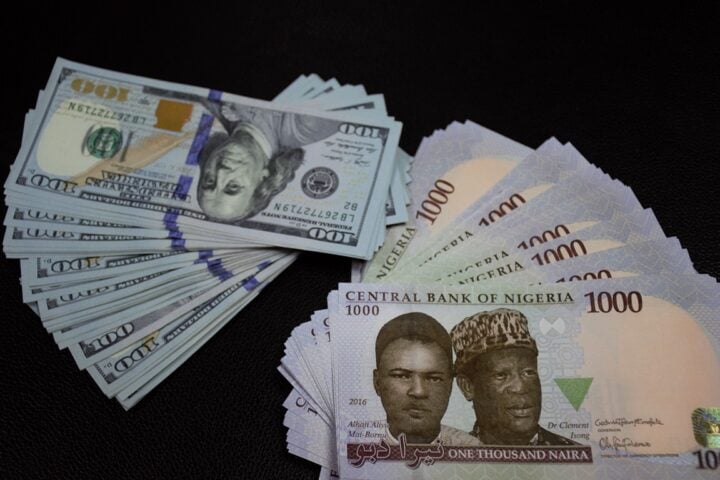The World Bank says the naira, Nigeria’s legal tender, lost 10.2 percent of its value against the United States dollar in 2022.
In the latest edition of its Africa’s Pulse report, the organisation said rising food and fuel prices as well as the depreciation of the exchange rate were the main drivers of inflationary pressures across countries in sub-Saharan Africa.
Countries in sub-Saharan Africa include Nigeria, Angola, Kenya, South Africa, Ghana, Malawi, Sudan, Chad, Ethiopia and others.
“The Ghanaian cedi, the worst performing currency in the region during 2022, posted a depreciation of about 40 percent. It has weakened an additional 20 percent so far in 2023,” the report reads.
Advertisement
“Other currencies with significant losses last year include those of Sudan (23.6 percent), Malawi (20.7 percent),11 The Gambia (14.6 percent), and Nigeria (10.2 percent). Furthermore, rising food and energy prices continued to fuel headline inflation.”
In the report, the World Bank projected that sub-Saharan Africa’s economy would grow 3.1 percent this year, down from 3.6 percent in 2022.
The bank said the growth deceleration in 2023 is a reflection of several short-term headwinds, including the slowdown in the global economy (particularly in the United States, the euro area, and China), the lingering effects of the coronavirus pandemic and elevated inflation.
Advertisement
According to the bank, other factors responsible for the decline include the war in Ukraine, rising financial risks owing to high public debts reaching unsustainable levels, and continued supply disruptions.
The Washington-based organisation said inflation in sub-Saharan Africa is set to remain high at 7.5 percent for 2023.
The bank also said debt distress risks remain high with 22 countries in the region at high risk of external debt distress or in debt distress as of December 2022.
In the face of dampened growth prospects and rising debt levels, the World Bank advised African governments to sharpen their focus on macroeconomic stability, domestic revenue mobilisation, debt reduction, and productive investments.
Advertisement
“Resource-rich countries can take advantage of the rising demand for minerals and metals linked to the global transition to a low carbon economy (such as cobalt, copper and lithium) to increase fiscal resources, create new regional value chains that produce jobs, and accelerate energy access on the continent,” the report adds.
“However, turning a “resource curse” into a “resource opportunity” will require good sectoral governance, appropriate taxation to capture a greater share of resource rents, and regional cooperation and investments.”
Add a comment






